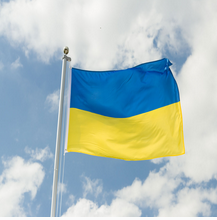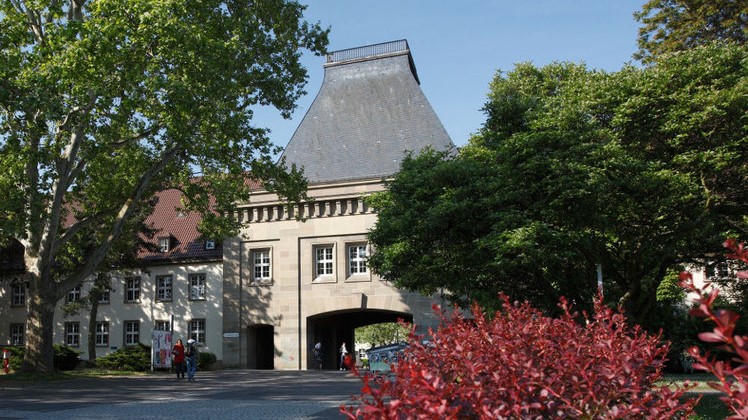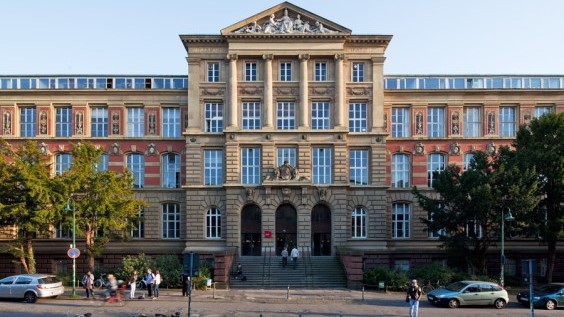TRR 146: Multiscale Simulation Methods for Soft Matter Systems
Multiscale modeling is a central topic in theoretical condensed matter physics and materials science. One prominent class of materials, whose properties can rarely be understood on one length scale and one time scale alone, is soft matter. The properties of soft materials are determined by an intricate interplay of energy and entropy, and minute changes of molecular interactions may lead to massive changes of the system’s macroscopic properties.
In our collaborative research center (CRC TRR 146), we plan to tackle some of the most pressing problems in multiscale modeling in a joint effort of physicists, chemists, applied mathematicians, and computer scientists. The TRR 146 receives funding from the german science foundation (DFG) since October 2014. We address three major challenges:
(A) Dynamics
In the past, multiscale coarse-graining approaches have to a large extent focused on static equilibrium properties. However, a thorough understanding of a coarse-grained model’s dynamical properties is necessary if one wants to apply multiscale concepts to the study of transport and nonequilibrium processes.
(B) Coarse-graining and mixed resolution
In many applications, selected small (e.g., functional) regions of a material must be treated in great detail, whereas the large bulk can be modeled at a coarse-grained level. Simulation schemes are desirable, where fine-grained and coarse-grained regions can dynamically be assigned to the current state of the system. In this context, we will also have to re-analyze fundamental aspects of coarse-graining from a mathematical point of view.
(C) Bridging the particle-continuum gap
So far, only few successful attempts have been made to combine particle models of soft matter with continuum models in a nontrivial fashion. Multiscale schemes for particle models have mostly been developed in the soft matter community, whereas schemes for treating continuum models with variable resolution are developed in the applied mathematics community. In the CRC-TR, we will bring these two communities together to advance the field as a whole.
The problems addressed in the TRR 146 require a massive interdisciplinary effort at the level of fundamental science and algorithmic development. The TRR 146 brings together scientists with a complementary expertise in a wide range of modeling methods.







